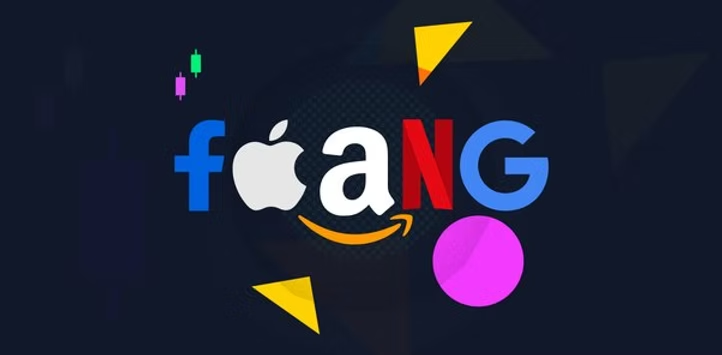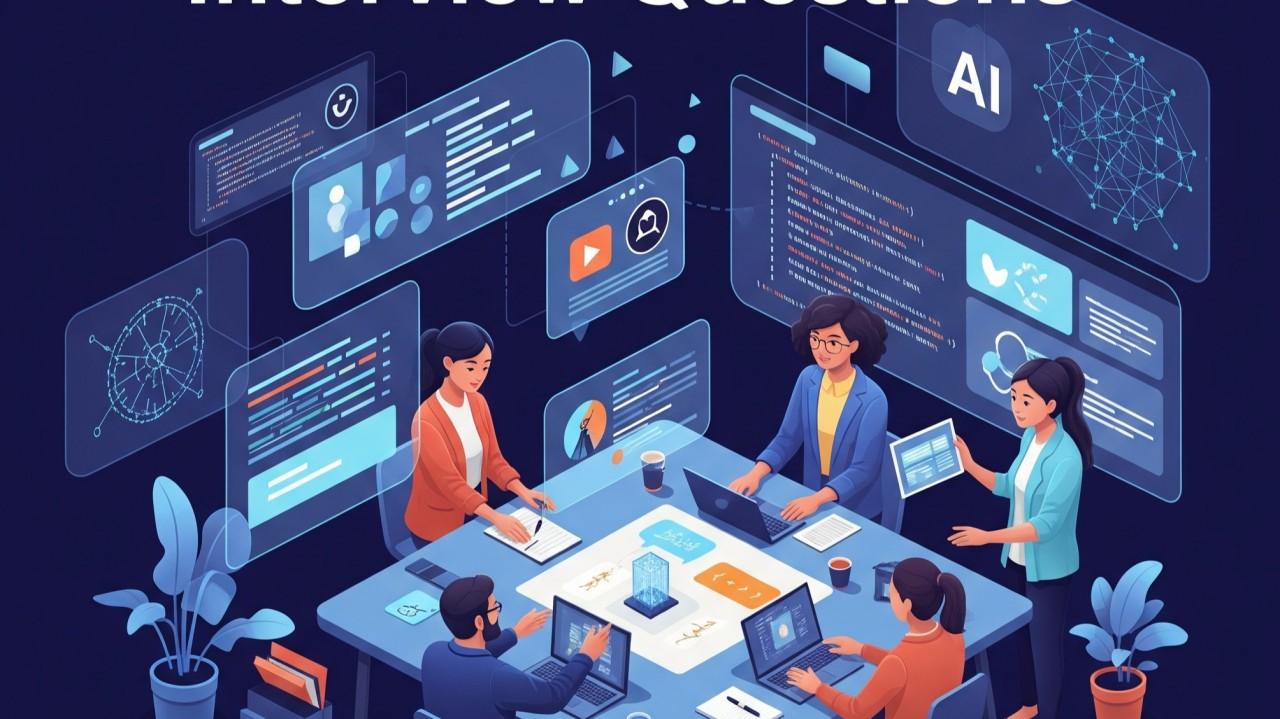Landing a job at a top tech company like those in the FAANG group (Facebook, Amazon, Apple, Netflix, and Google) is a goal for many software engineers. It all begins with thorough FAANG coding interviews prep focused on mastering key areas like data structures, algorithms, and problem-solving. The path to success lies in understanding the key areas of focus and implementing an effective preparation strategy. This blog post will guide you through the main areas of coding and algorithms to concentrate on, and offer practical advice on how to prepare for your FAANG interview over the next few months.
Key Areas of Focus for FAANG Interviews
Data Structures
Arrays and Strings: Problems like finding the maximum sum subarray or manipulating strings are common.
Linked Lists: Be ready to tackle questions on reversing a linked list or detecting cycles.
Stacks and Queues: These often appear in problems involving order processing or balanced parentheses.
Trees and Graphs: Master binary trees, AVL trees, and graph traversal algorithms like BFS and DFS.
Algorithms
Sorting and Searching: Know various sorting algorithms (quick sort, merge sort) and search techniques (binary search).
Dynamic Programming: Problems like the knapsack problem or finding the longest common subsequence are typical.
Recursion and Backtracking: Be comfortable with recursive solutions and problems like generating permutations.
Bit Manipulation: Problems that involve bitwise operations to solve tasks efficiently.
System Design
Design Principles: Understand how to design scalable systems, focusing on load balancing, caching, and database management.
Common Systems: Be prepared to design systems like URL shorteners, messaging apps, or social media feeds.
Behavioral Questions
Soft Skills: FAANG companies value teamwork, problem-solving, and leadership skills. Be ready to discuss past experiences where you demonstrated these qualities.
Effective Preparation Strategies
Structured Learning Plan
Set Clear Goals: Define what you need to learn and set achievable milestones. For instance, spend the first few weeks strengthening your understanding of data structures before moving on to complex algorithms.
Practice Regularly: Use platforms like LeetCode, HackerRank, and GeeksforGeeks to solve practice problems daily. Consistency is key.
Mock Interviews
Simulate Real Conditions: Conduct mock interviews with peers or use online services. This helps reduce anxiety and improves your problem-solving speed under pressure.
Study Resources
Books and Courses: "Cracking the Coding Interview" by Gayle Laakmann McDowell is a must-read. Online courses from platforms like Coursera and Udemy can also provide structured learning paths.
Online Communities: Participate in forums such as Reddit’s r/cscareerquestions and Stack Overflow to exchange knowledge and get insights from others who have been through the process.
Balanced Approach
Theory and Practice: While theoretical knowledge is essential, applying what you learn through coding exercises is equally important.
Review and Reflect: After solving problems, review your solutions and understand different approaches. Reflect on mistakes to avoid repeating them.
Benefits of This Approach
Adopting a well-rounded preparation strategy not only enhances your chances of landing a job at a FAANG company but also helps you become a better software engineer overall. This methodology ensures you develop a deep understanding of fundamental concepts, which are crucial for long-term success in the tech industry. Additionally, the discipline and problem-solving skills gained through this process will be invaluable throughout your career.
By focusing on key areas of data structures, algorithms, and system design, and by following a structured preparation plan, you can significantly improve your chances of success in FAANG interviews. Remember, the journey requires dedication and consistent effort, but the reward of landing a job at a top tech company and the subsequent career growth is well worth it.
For more detailed guides and resources, visit our website and join our community of aspiring FAANG engineers. Let's work together to make your career dreams a reality!






